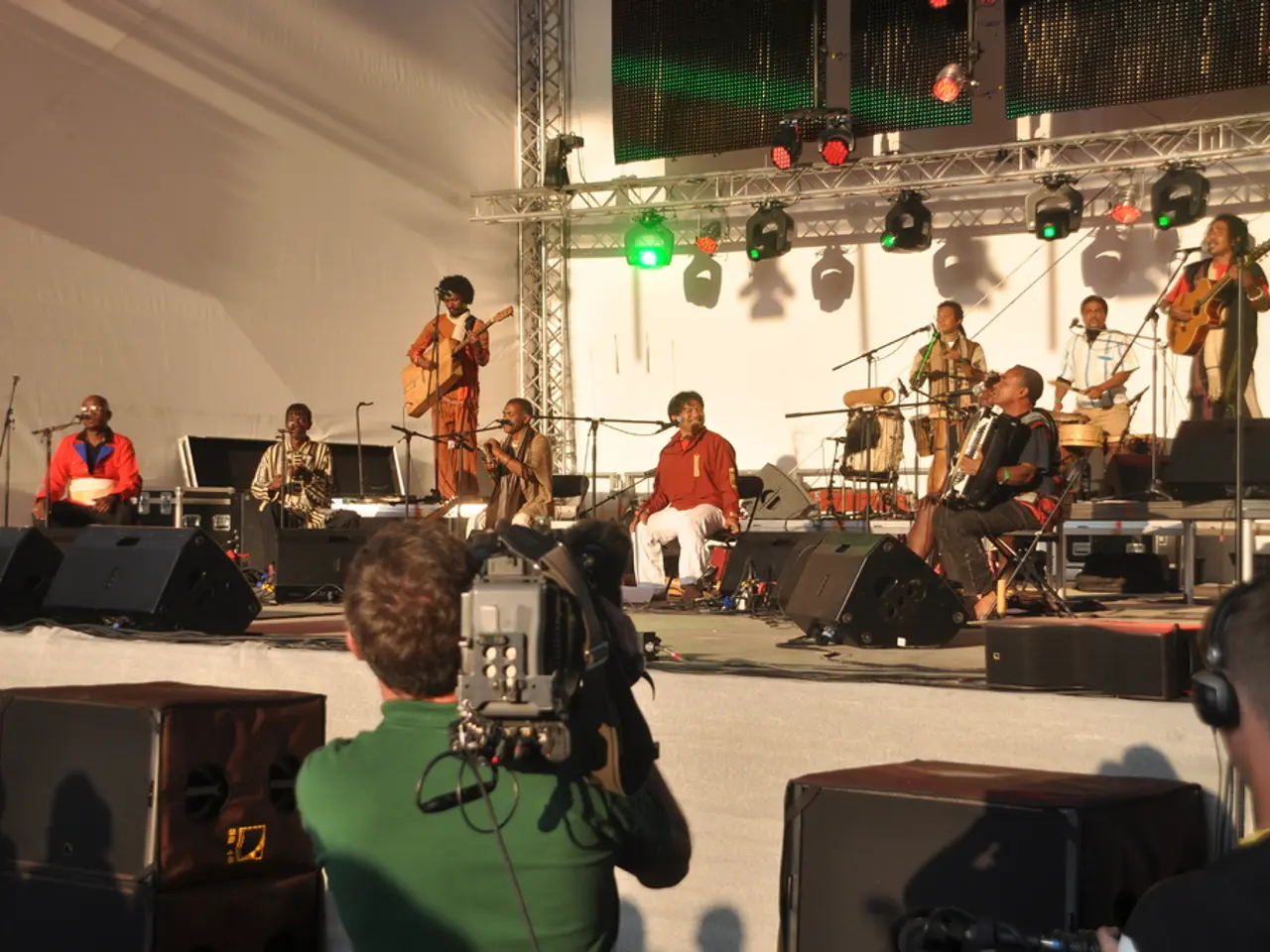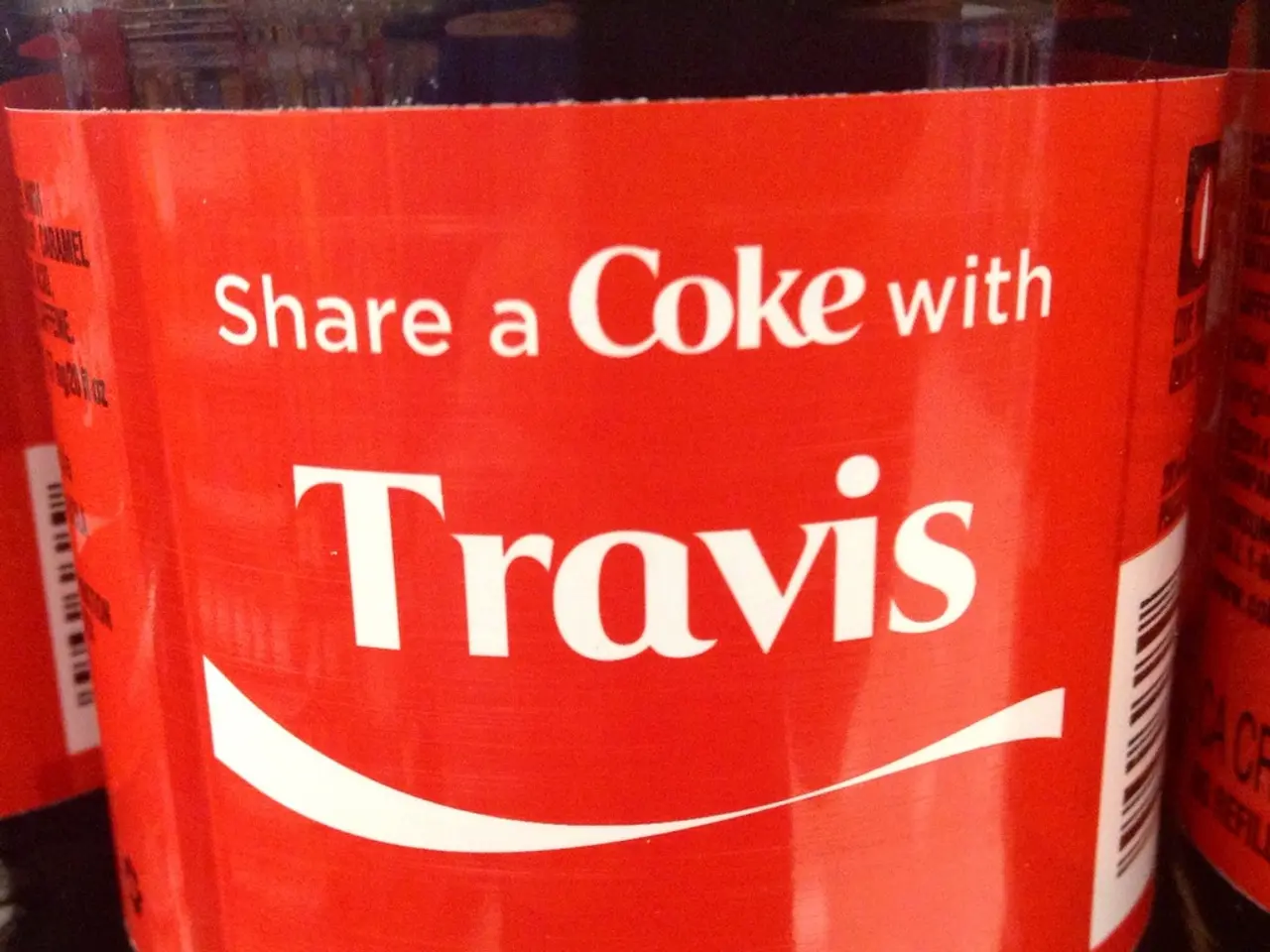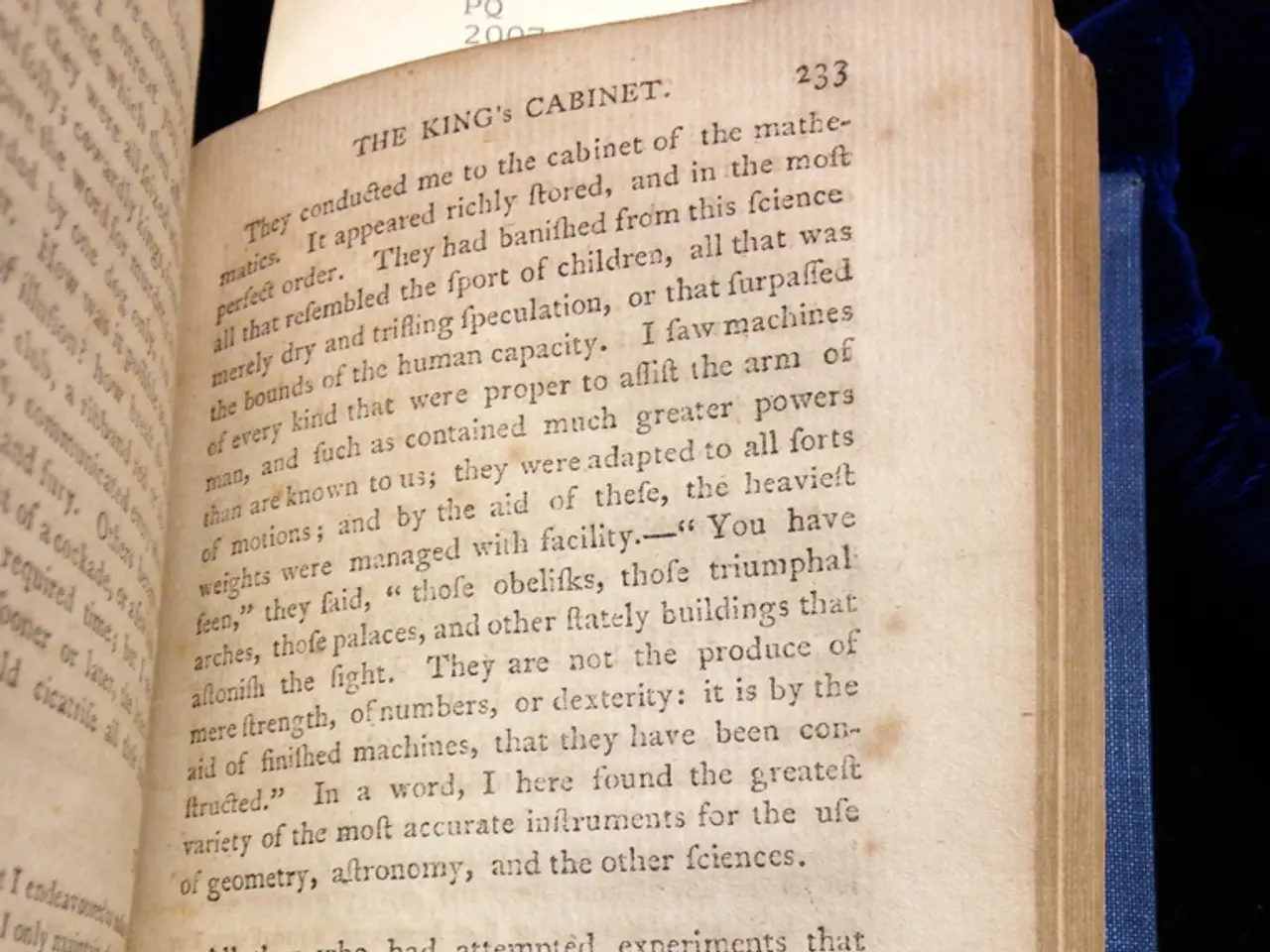Pankow bids adieu to performing, retiring from public appearances
After 44 years of making music, the iconic East German rock band Pankow played their final concert at the Dresden club Tante Ju, marking the end of an era for German-language rock music. The band, often compared to the Rolling Stones for their rock sound and stage presence, rose to become one of the most important rock bands in the former GDR, even after the fall of the Berlin Wall.
The farewell tour, which included the performance of a best-of their career, culminated in front of 2,000 spectators. The concert was a celebration of Pankow's unique tone in the GDR rock scene and their critical illumination of life in East Germany. The title "He wants to be different" was a testament to the band's desire to stand out and make a difference.
During the concert, the band performed popular hits like "Boredom," which was particularly celebrated at the finale on Sunday. The live album "Paule Panke," unfurled on stage as a banner, served as a reminder of the band's early successes. At the end of the concert, 100 balloons were released into the sky and a fireworks display crowned the finale.
Pankow was known for setting a different tone in the GDR rock scene, and their music was often met with obstacles and publication problems. However, the band's resilience and talent saw them gain recognition in the 1990s. Despite encountering a shocking revelation in 2019 - that guitarist Jürgen Ehle had worked as an unofficial informant for the Stasi and provided information about lead singer André Herzberg - the band chose to stay together and kept the music alive for another 30 years.
While Pankow's legacy is undeniable, it's important to remember their contemporaries in the East German rock scene. Bands like Puhdys, Karat, and Silly were the closest to Pankow in terms of style and cultural resonance. Though West German, the Scorpions and Grobschnitt also represent related German rock influences, sharing the same rock genre and German background.
Pankow's final concert was a fitting tribute to a band that made a significant impact on German-language rock music, with a political and cultural resonance unique to Germany’s divided past. The band's music will continue to resonate with fans, and their influence will be felt for years to come.
The concert was a testament to Pankow's unique contribution to German-language rock music, showcasing a diverse repertoire from their career, including hits like "Boredom". The band's music, often met with obstacles, demonstrated their resilience and talent, earning them recognition in the 1990s.





